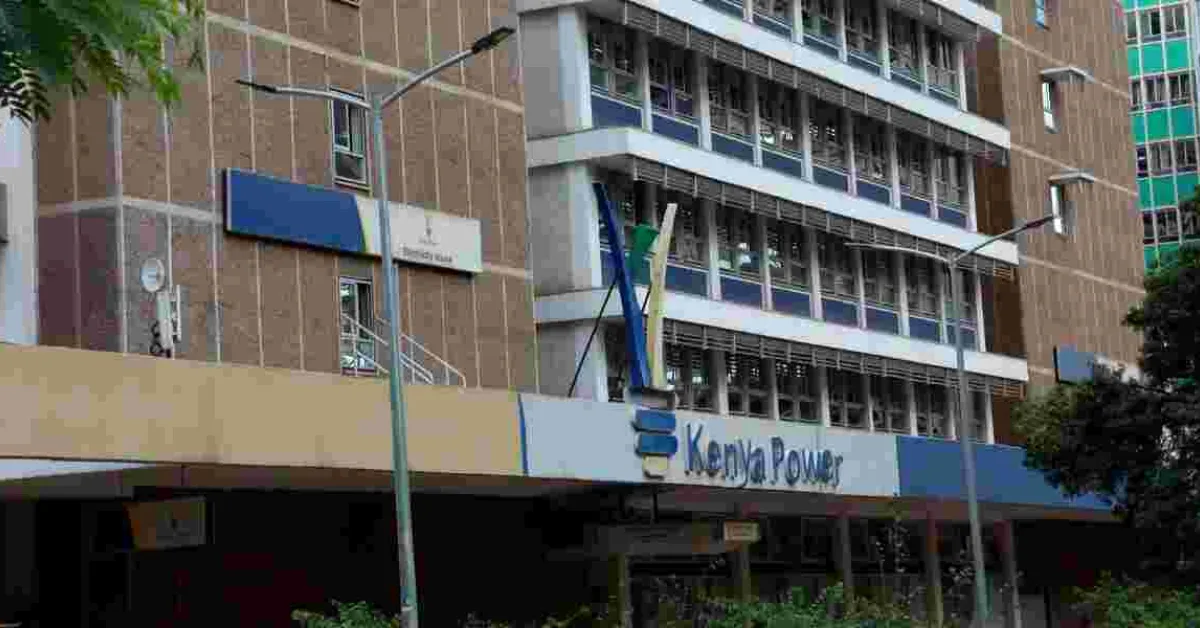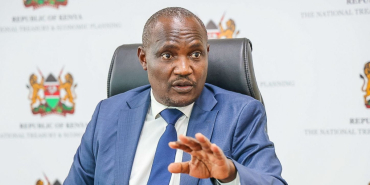Kenyan MPs Recommend Full Investigation of Energy Sector Irregularities

The National Assembly's Departmental Committee on Energy has recommended a thorough investigation into Kenya's energy sector.
The move highlights excessive electricity costs that have hindered investment and exacerbated living conditions for many Kenyans. After compiling a report over 18 months, the committee proposes probing several key figures including former Principal Secretaries Patrick Nyoike and Joseph Njoroge, alongside officials from the Energy Ministry, Kenya Power, and nearly all independent power producers (IPPs).
The committee has requested that the Ethics and Anti-Corruption Commission (EACC) and the Directorate of Criminal Investigations (DCI) examine the roles of Nyoike and Njoroge in facilitating the contentious power purchase agreement (PPA) between Kenya Power and Lake Turkana Wind Power (LTWP). The report also suggests that similar scrutiny should extend to other officials associated with the PPA’s approval process. To ensure accountability, the committee has called for special audits by the Auditor General of the IPPs, with a focus on assessing whether the costs of setting up and operating power plants are justified given the high electricity tariffs faced by consumers.
This initiative aims to encourage a reevaluation of the costly contracts currently held with Kenya Power. Chaired by Vincent Musyoka, the committee has faced criticism for the lengthy duration of its inquiry, which was initially expected to conclude within three months. The report notes that Kenya’s power costs are among the highest in Africa, significantly raising production expenses and deterring investment opportunities. Investigations into potential conflicts of interest regarding Nyoike and Njoroge have been emphasized, particularly as the report notes that Nyoike expedited the approval of the PPA despite warnings from the National Treasury about its cost-effectiveness.
Njoroge, who has served both as Managing Director of Kenya Power and Principal Secretary for Energy and Petroleum, is implicated in approving the LTWP PPA without sufficient legal risk assessment. Public participation in the inquiry included testimonies from Nyoike and Njoroge. In his defense, Njoroge remarked that his role was merely to coordinate the preparation of PPAs for approval and dismissed concerns raised by the World Bank regarding grid reliability as unfounded. The LTWP project, a major renewable energy initiative, has encountered controversy despite its comparatively lower tariff rates than thermal power plants.
In 2018, the project imposed a Sh23 billion penalty on Kenya for delays in completing a critical power transmission line—a cost that has been partially absorbed by the government and consumers. The committee's report advocates for further investigations into officials from the Ministry of Energy and Kenya Power who were involved in the LTWP project, emphasizing the necessity for competitive procurement processes and independent legal risk assessments. Additionally, it recommends a special audit of geothermal licenses issued since 2008 and calls for the revocation of non-compliant licenses.
Furthermore, the committee has identified irregularities in the procurement processes of IPPs, proposing the establishment of an independent office to enhance oversight. It has also suggested that all future power generation plant PPAs be denominated in Kenyan shillings, recommending amendments to the Energy Act of 2019 to enforce this practice.














Add new comment